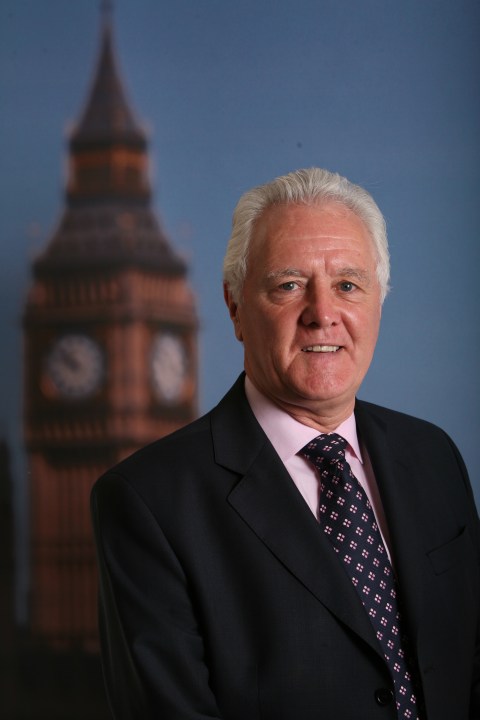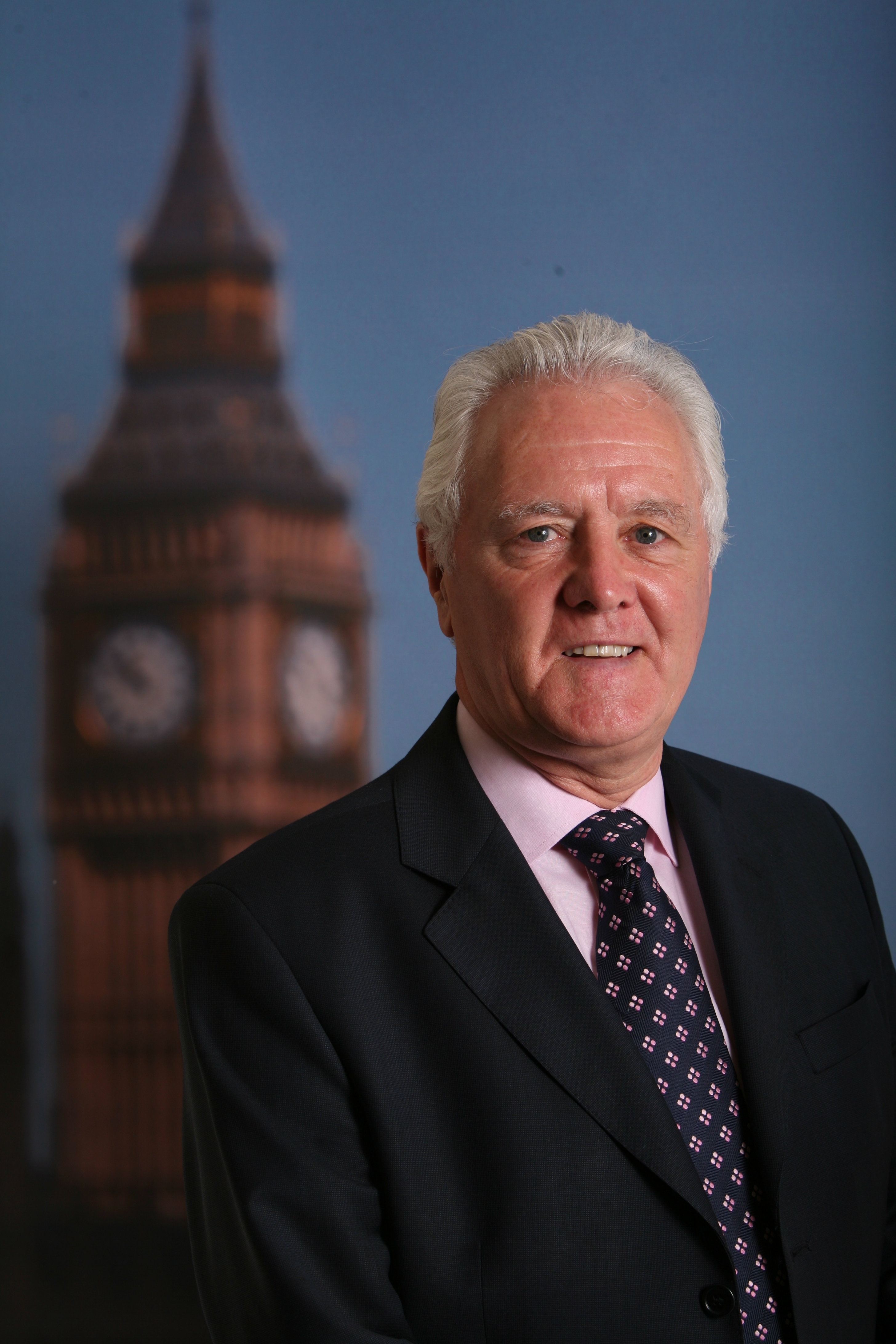 Devising this year’s Budget can’t have been easy for the Government.
Devising this year’s Budget can’t have been easy for the Government.
On the one hand, a slowdown seems likely over the next year or so. Two intertwined factors — tightening credit and slowing or falling house prices — will constrain consumer spending and tax receipts. The Government is already nearing the limits of its fiscal rules. Of course, any slowdown in the UK will not be on the scale of, say, the expected US slowdown (many analysts believe that growth is likely to pick back up in 2009). But the Government will nevertheless need to keep a very firm hand on the public finances.
On the other hand, the Government faces urgent pressures to spend to meet various goals it has announced in the past — most notably, the 2010 child poverty target (announced in 1998), but also other goals, such as the aspiration to raise state school spending to the level of private schools (announced in 2006).
A ‘fiscal stimulus’ like the one that has been announced in the US would not be appropriate for the UK. Since 1997, the Government has achieved unprecedented price stability, low interest rates and low national debt, and we do not want to put this at risk. In any case, given the current pressures on inflation (which are predicted to remain high over the medium-term), any such package would simply force the Bank of England to raise interest rates — cancelling out any good effects the package might have had.
Therefore, like Gordon Brown’s 2007 Budget, this year’s budget will probably be balanced — not increasing or decreasing the overall tax take.
Child Poverty
Whilst I recognise that the Government is facing spending constraints, there is one area which desperately requires action in this Budget.
The Government is on track to miss the 2010 child poverty target by 700,000 children.
Since 1998, child poverty has fallen by 600,000 children — a considerable achievement, brought about by the Government’s economic policies, such as welfare-to-work schemes, the National Minimum Wage, increases in Child Benefits and, most importantly, the introduction of Child Tax Credits. But progress on this front has slowed, and the Government is likely to miss its goal of halving child poverty by 2010.
A number of groups, including the Institute for Fiscal Studies, believe the target should be met by a steep increase in spending, principally on benefits and tax credits. But to meet the targets solely by such a rise in spending would not be sustainable. The best way to bring children out of poverty is to increase the incomes of their families on a permanent basis, by enabling parents to find work that pays. Some additional investment will be needed in this Budget to help bring this about.
Green Taxes
Another area which I hope the Government will focus on is green taxation. This year’s Budget is already being dubbed the ‘Green Budget’ amid expectations of an environmental ‘breakthrough.’
The Government’s record on green taxation before 2007 did not live up to expectations. As the report from the Environmental Audit Committee noted last week, green taxation as a percentage of GDP has been in decline since 1999. Budget 2007 made some effort to remedy this, and the Government has indicated that further announcements will be made in this year’s Budget (further details on Air Passenger Duty, for example). But decisive action is needed to return to 1999 levels and make a real difference on climate change.
Awareness of climate change is now higher than ever, and I am happy to see that many people have begun to change their lifestyles to reflect this. But this alone will not produce lifestyle changes on the scale required to really make a difference to climate change. It is up to the Government to shape people’s incentives — the environmental costs of the goods and services we use must be reflected in the prices we pay for them. Tax policy can therefore make a very significant contribution to tackling climate change.
Taxation is not always the most elegant way of achieving this; other schemes, such as emissions trading, can potentially work much more efficiently (if they are well managed). But green taxes can work in a great many cases. I hope to see the Government regain the lead on climate change in this Budget.
John McFall is the Labour Member of Parliament for West Dunbartonshire and Chairman of the Treasury Select Committee.






Comments